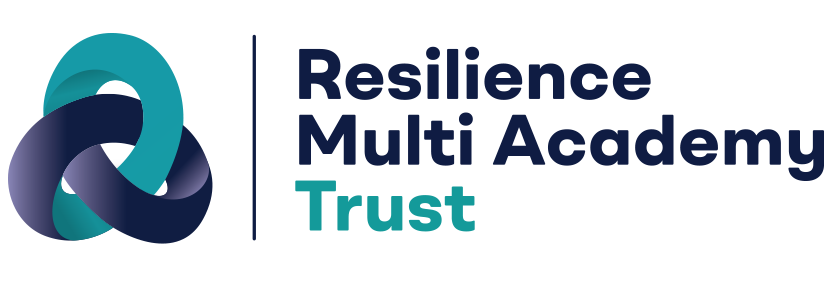KS4 Computer Science
For Computer Science, we will achieve this by ensuring: That UTC Leeds Computer Science students are able to think algorithmically, by identifying the sequence of steps required to perform a particular task and to be able to write computer programs to automate a solution.
Overview
Studying computer science teaches students how to solve problems and how to think!
Students learn how to think about problems in such a way that they can be potentially solved using an algorithm, how to write algorithms and how to program a computer to automate them. They learn how to write reliable and efficient code using the industry standards followed by software engineers. Although students will have the opportunity to become specifically proficient in the use of particular programming languages, which are prolific in the software development industry, first and foremost students learn to think algorithmically and develop generic programming principles that transcend all languages.
With its emphasis on abstract thinking, problem-solving, mathematical reasoning, and software engineering principles, computer science is a good foundation for the higher study of any science or engineering-based course. Alternatively, studying computer science could facilitate direct entry into employment, with UTC Leeds students having skills directly relevant to software development and cybersecurity roles.
GCSE Computer Science
Exam board: AQA (8525)
Our GSCE course is an optional subject and is available to all students joining UTC Leeds who choose to study the subject.
Year 10
Year 10 students learn how to program computers using the Visual Basic programming language and use this language for the two years of their GCSE studies at UTC Leeds. Visual Basic is an excellent language for learning structured programming principles and to equip students with a solid base from which transferable programming skills can be developed. There are extension opportunities in lessons for students to program in other languages such as C# and Python as well as to learn and develop computer game programming techniques.
Students also study:
- Selection and iteration constructs, and using subroutines, which underpin the fundamentals of writing and tracing algorithms.
- Data representation using binary numbers, including binary arithmetic and how computers digitise sound and images.
- Microcomputer architecture and programming language generations.
- Digital logic circuits and Boolean algebraic notation and manipulation.
Year 11
Students continue their study of algorithms and programming from year 10 and also study:
- SQL scripting techniques to define database schema and extracting data (using T-SQL on SQL Server).
- Data compression techniques used by computers.
- Networking and Cyber Security.
- Algorithms to search and sort lists, and file handling techniques.
Staff and Contact Details
- Subject leader: Mr Whitehouse [email protected]
- Eleanor Woodhouse, Teacher of Computer Science & Digital, [email protected]

